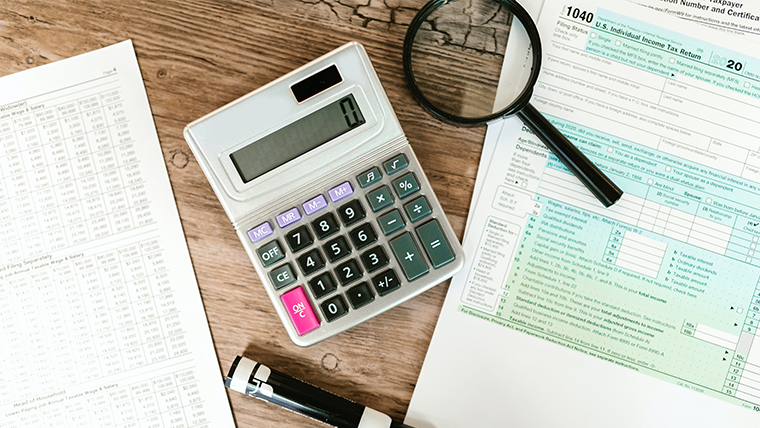
| 

If you have recently applied for a job which involves credit checking, identity verification and other pre-employment checks, it can be a confusing time. Many of us are confused about our credit score or credit report, and concerned about what might be disclosed to our potential employer. Worrying about your credit score can be understandable but ignoring it won’t make it go away. A bad credit score may have significant consequences, but improving it is within your control too.
Take Control and Find Your Credit Score
The three main credit referencing agencies in the UK are Experian, Equifax, and TransUnion. Each of these three credit bureaus are legally obligated to provide you with your credit report upon request, free of charge. This basic credit report typically just contains the basic details of name, address, and any finance outstanding. More detailed reports are available, and many websites or apps offer a free trial period (typically 14 days) before requiring payment. This will show your credit score number.
Poor Credit Score
There are lots of reasons why you might have a poor credit score. Some of these are:
- Out-of-date information, such as an old address you have moved from.
- Not being registered to vote at your current address.
- Limited or no credit history, if you have recently moved to the UK or have just turned 18.
- Excessive credit – someone who regularly reaches or exceeds the credit card limit.
- Lots of loan or credit applications in a short time period.
- Missing payments or defaulting on loans.
- Bankruptcy or CCJs (county court judgements).
A growing issue is people who are “credit invisible”, estimated at around 5 million in the UK by Experian. These are people who just don’t have enough information on their credit record to allow the credit agencies to form an opinion about them.
Improving Your Credit Score
A poor credit score is not permanent and can be improved with time, commitment, and responsible financial management. If you can boost your credit score, this gives you a wider choice of loan products, and potentially better interest rates too. There are some very simple steps anyone can take to help improve their credit score:
- Register to vote on the electoral roll at your address.
- Regularly check your credit report for errors and ask the credit reference agency to fix any mistakes you find.
- Get your name on household bills, for things like gas, water, or cable TV.
- Pay your bills on time, and in full. Use reminders or set up direct debits if you struggle to do this.
- Pay more than the minimum payments on your credit cards, ideally paying the full balance every month, or as much as you can.
- Keep checking your credit report and flag up anything suspicious right away – identity theft is a growing problem and can seriously affect your credit score.
Having a bad credit score doesn’t mean you can’t get credit at all. It may just mean you have a restricted pool of credit options and might pay a bit more in interest until your score improves.


